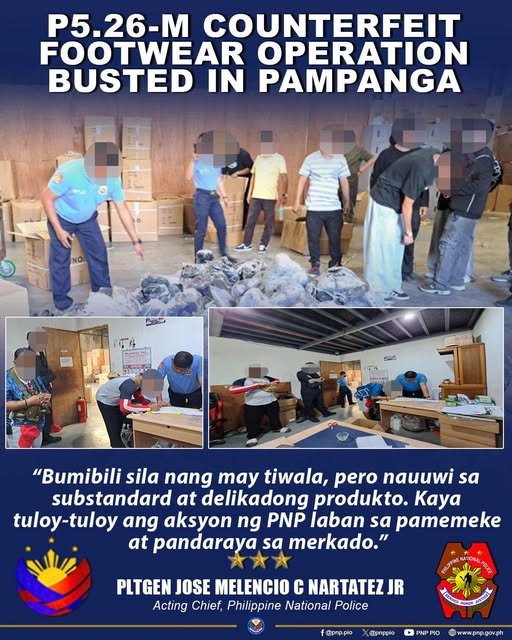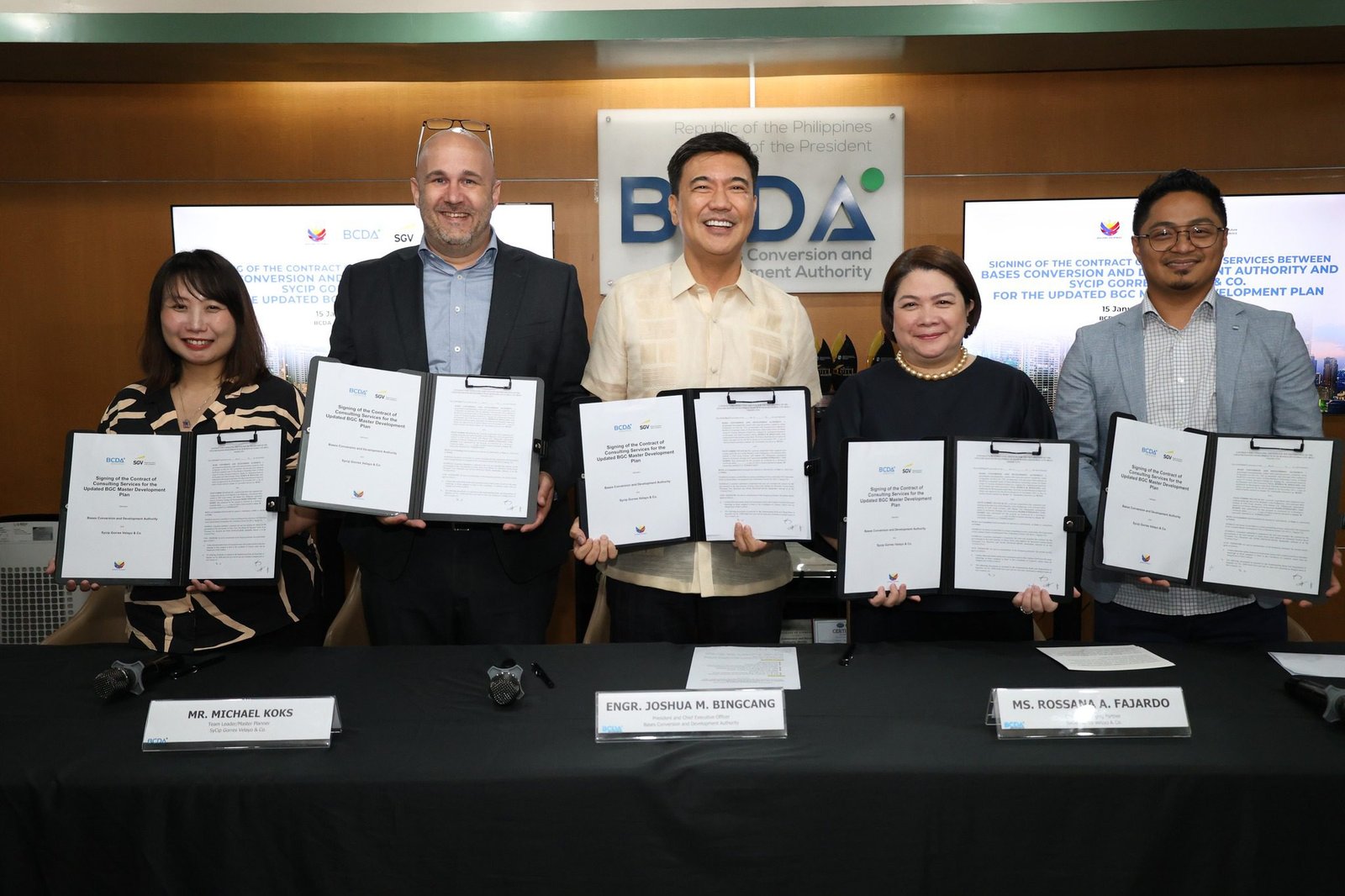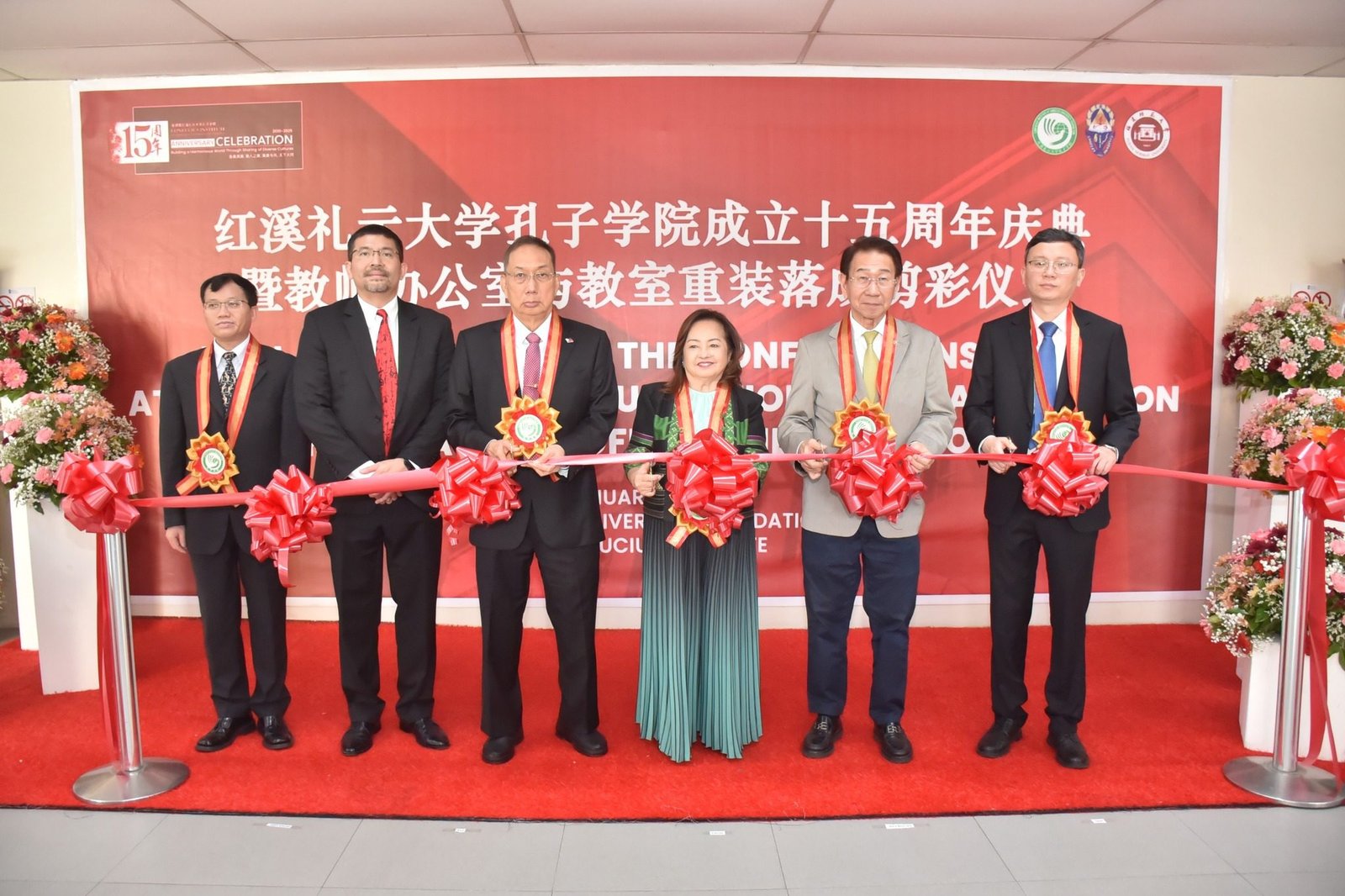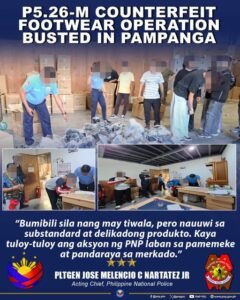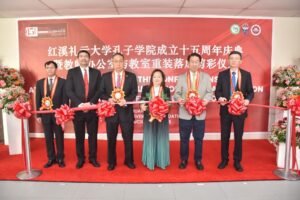The Subic Bay Metropolitan Authority (SBMA), along with local and foreign dignitaries, conducted a site inspection of the future Agila Subic facility last May 15 at the Redondo Peninsula here in this premier Freeport Zone.
SBMA Chairman and Administrator Rolen C. Paulino led the delegation along with Olongapo City Mayor Lenj Paulino, and the Philippine Navy.
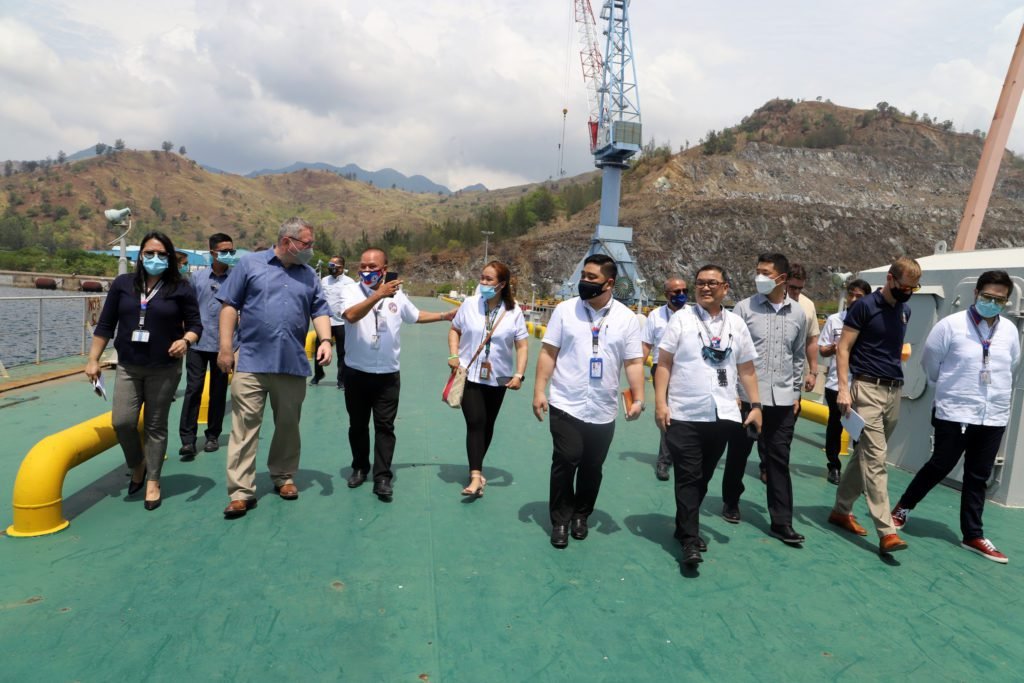
Paulino said that one of the mandates given to him by President Rodrigo Duterte is to ensure a smooth transition of the company to the former Hanjin shipyard facility, and bring to fruition what the former administration of the agency had started.
Now called Agila Subic, the former Hanjin shipyard will be housing two tenants.
One tenant Vectrus, will be occupying most of the shipbuilding area of the facility, including the quays. Meanwhile, the Philippine Navy is currently occupying the former Hanjin administrative office, mess hall, and its barracks.
Vectrus is a global service solutions provider to the United States government and across the world, which offers facility and base operations, supply chain and logistics services, information technology (IT) mission support, and engineering and digital integration services.
Former Hanjin workers who have been skills-trained will be hired by the company since it will require skilled workers who are adept in ship repair.
29 workers have already been hired and the company hopes to employ more workers who used to worked for the shipbuilding company.
Meanwhile, Mayor Lenj Paulino said that the city government plans to provide skills training to its residents as the re-elected official sees a boom in employment in the ship repair industry in the area. He added that companies, who are looking for skilled workers, would only need to contact the city government.
Recently, the Department of Finance stated that the Fiscal Incentives Review Board (FIRB) has approved the proposed tax perks as endorsed by the SBMA, for the rehabilitation of the ageing shipyard.
The project will be receiving special corporate income tax (SCIT), value-added tax (VAT) exemption from importation, VAT zero-rating on local purchases, and duty exemption on importation.
The total project cost is estimated at Php17 billion.

